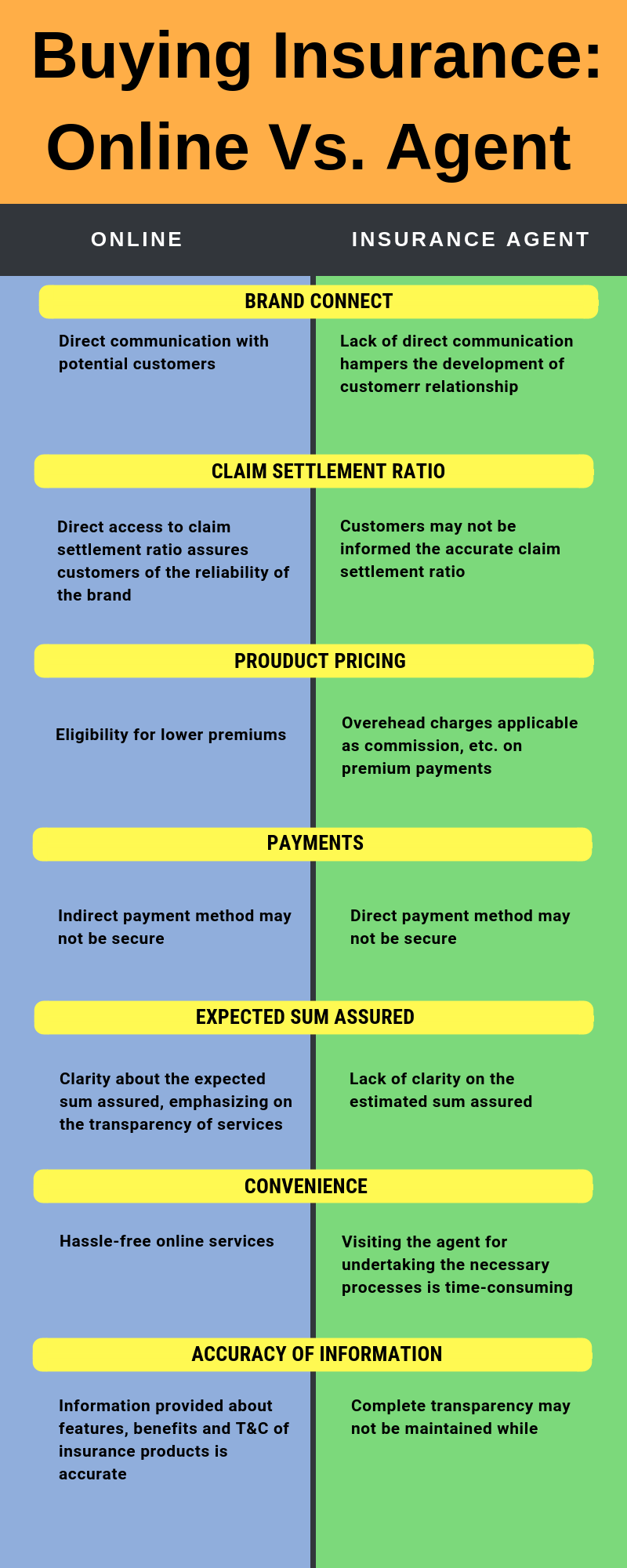Cutting through all of the nonsense about challenging and rewarding work, there's only one driving reason individuals operate in the monetary market - since of the above-average pay. As a The New york city Times graph highlighted, workers in the securities industry in New york city City make more than 5 times the average of the personal sector, and that's a significant reward to say the least.
Similarly, teaching monetary theory or economy theory at a university might also be thought about a profession in finance. I am not referring to those positions in this short article. It is indeed real that being the CFO of a big corporation can be rather profitable - what with multimillion-dollar pay packages, options and typically a direct line to a CEO position later on.

Rather, this short article concentrates on tasks within the banking and securities industries. There's a reason that soon-to-be-minted MBAs mainly crowd around the tables of Wall Street firms at job fairs and not those of business banks. While the CEOs, CFOs and executive vice presidents of major banks like (NYSE:USB) and (NYSE:WFC) are indeed handsomely compensated, it takes a long time to work one's method into those positions and there are few of them.
Bank branch managers pull an average wage (consisting of rewards, profit sharing and so forth) of about $59,090 a year, according to PayScale, with the range extending as high as $80,000. By contrast, the bottom of the scale for loan officers is lower as lots of start with more modest pay packages.
By and big, ending up being a bank branch manager or loan officer does not require an MBA (though a four-year degree is frequently a prerequisite). Also, the hours are regular, the travel is very little and the daily pressure is much less extreme. In terms of attainability, these jobs score well. Wall Street workers can generally be classified into 3 groups - those who mainly work behind the scenes to keep the operation running (consisting of compliance officers, IT experts, managers and so on), those who actively provide monetary services on a commission basis and those who are paid on more of a wage plus benefit structure.
Compliance officers and IT managers can easily make anywhere from $54,000 into the low 6 figures, again, frequently without top-flight MBAs, but these are jobs that require years of experience. The hours are generally not as great as in the non-Wall Street private sector and the pressure can be extreme (pity the poor IT professional if a crucial trading system goes down).
Unknown Facts About How Much Money Canou Make With M1 Finance
Oftentimes there is an aspect of reality to the pitches that recruiters/hiring supervisors will make to prospects - the incomes capacity is restricted just by ability and desire to work. The largest group of commission-earners on Wall Street is stock brokers. An excellent broker with a top quality contact list at a solid firm can quickly make over $100,000 a year (and in some cases into the countless dollars), in a job where the broker practically decides the hours that she or he will work.
However there's a catch. Although brokerages will typically assist new brokers by offering them starter accounts and contact lists, and paying them a wage initially, that income is subtracted from commissions and there are no assurances of success. While those brokers who can combine excellent marketing abilities with solid monetary guidance can make remarkable Check over here sums, brokers who can't do both (or either) might find themselves out of work in a month or more, or perhaps forced to repay the "wage" that the brokerage advanced to them if they didn't earn enough in commissions.
In this category are those ultra-earners who can bring home millions (or even billions) in the fattest of the good years. A typical style throughout these tasks is that the yearly bonuses comprise a big (if not commanding) proportion of a total year's payment. An annual salary of $50,000 to $100,000 (or more) is hardly starvation earnings, but perks for sell-side analysts, sales associates and traders can go into the 7 figures.
When it comes down to it, sell-side junior analysts typically earn in between $50,000 and $100,000 (and more at larger companies), while the senior analysts typically consistently take home $200,000 or more. Buy-side analysts tend to have less year-to-year irregularity. Traders and sales reps can make more - closer to $200,000 - but their base pay are typically smaller sized, they can see substantial yearly variability and they are among the first staff members to be fired when times get tough or performance isn't up to snuff.
Wall Street's highest-paid workers typically needed to show themselves by entering (and through) top-flight universities and MBA programs, and after that showing themselves by working outrageous hours under requiring conditions. What's more, today's hero is tomorrow's absolutely no - fat wages (and the jobs themselves) can vanish in a flash if the next year's efficiency is bad.
Financial services have long been thought about a market where a specialist can grow and work up the corporate ladder to ever-increasing compensation structures - how does oasis legal finance make money. Career options that provide experiences that are both personally and financially rewarding consist of: Three areas within financing, however, provide the finest opportunities to make the most of sheer making power and, hence, attract the most competition for tasks: Check out on to find out if you have what it requires to succeed in these ultra-lucrative areas of financing and learn how to generate income in financing.
Examine This Report Discover more about How The Wealthy Make Their Money Finance & Investments
At the director level and up, there is duty to lead teams of analysts and associates in one of several departments, broken down by item offerings, such as equity and financial obligation capital-raising and mergers and acquisitions (M&A), in addition to sector coverage teams. Why do senior financial investment bankers make so much cash? In a word (really three words): large deal size.

Bulge bracket banks, for example, will refuse jobs with small deal size; for instance, the financial investment bank will not sell a business creating less than $250 million in revenue if it is already swamped with other bigger deals. Investment banks are brokers. how to make a lot of money in finance. A property agent who sells a home for $500,000, and makes a 5% commission, makes $25,000 on that sale.
Not bad for a team of a few individuals state two analysts, two associates, a vice president, a director and a managing director. If this team finishes $1. 8 billion worth of M&A transactions for the year, with rewards assigned to the senior bankers, you can see how the settlement numbers accumulate.
Bankers at the expert, associate and vice-president levels concentrate on the following jobs: Composing pitchbooksResearching market trendsAnalyzing a company's operations, financials and projectionsRunning modelsConducting due diligence or collaborating with diligence groups Directors supervise these efforts and typically user interface with the company's "C-level" executives when key milestones are reached. Partners and handling directors have a more entrepreneurial role, because they should focus on customer advancement, deal generation and growing and staffing the workplace - mix a minor in finance with what to make the most money.